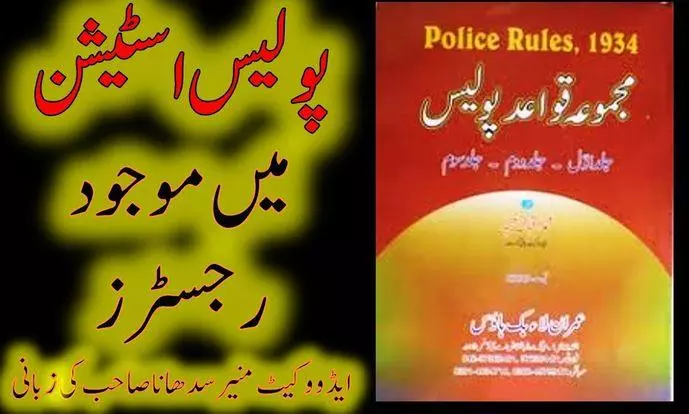
Urdu out, pure Hindi in: Rajasthan police to phase out Mughal-era terms
text_fieldsThe Bharatiya Janata Party (BJP)-led government in Rajasthan is set to replace Urdu terms commonly used in policing terminology with their equivalents in Hindi, stating that new recruits in the department no longer understand the Urdu, Persian, and Arabic terminology that has been in use since the Mughal era.
The state police department has been instructed to identify Urdu words currently in use and suggest appropriate Hindi replacements, a process initiated earlier this year by Minister of State for Home, Jawahar Singh Bedham, The Wire reported.
According to officials, the prevalence of Hindi in education and administration has led to diminished familiarity with Urdu among younger police personnel. As a result, Bedham emphasised the need for “shudh” or pure Hindi to streamline communication in police actions, investigations, and official correspondence. The proposal also aligns with the broader educational policies that prioritise Hindi and Sanskrit over other languages.
The Rajasthan Director General of Police (DGP), U.R. Sahoo, formally addressed the issue in a letter dated 22 November to the Additional Director General of Police (ADG) Training. The letter called for a comprehensive assessment of Urdu words being used across police stations in the state. The directive specified the identification of alternative Hindi terms, dissemination of these terms to police personnel, and the removal of Urdu words from training materials for recruits. Further, it was instructed that all ongoing training programmes incorporate the updated terminology to ensure uniformity in the use of Hindi across the police force.
Officials from different police ranges have, in turn, contacted district superintendents to compile and submit information on Urdu terms currently in practice. Words like mukadma (case), challan (chargesheet), mulzim (accused), and gavaa (witness) are among the commonly used terms under review for replacement with Hindi equivalents.
Urdu and Persian words such as taftish (investigation), mushtgish (complainant), and thana haja (concerned police station) also remain prevalent in official documentation, including the filing of First Information Reports (FIRs), complaints, and chargesheets.
The Opposition Congress has criticised the BJP government’s move, describing it as a superficial measure lacking broader consultation. The party questioned the necessity of implementing such changes in Rajasthan when similar terms remain in use in other states such as Uttar Pradesh and Madhya Pradesh.
Legal experts and stakeholders, including bar councils, were not consulted on the issue, raising concerns over the practical implications and consistency of the proposed reforms.
The development comes amid the BJP’s recent efforts to rename institutions and landmarks in the state. Last month, the government renamed the state tourism-operated Hotel Khadim in Ajmer as Hotel “Ajay Meru,” following a recommendation from the state assembly speaker.
These initiatives appear to reflect the BJP’s emphasis on promoting Hindi and removing perceived remnants of the Mughal era from state nomenclature and official discourse.
While the government maintains that the shift to Hindi is aimed at improving operational clarity and aligning police communications with contemporary linguistic norms, critics argue that the move is politically motivated and unlikely to address systemic issues.











